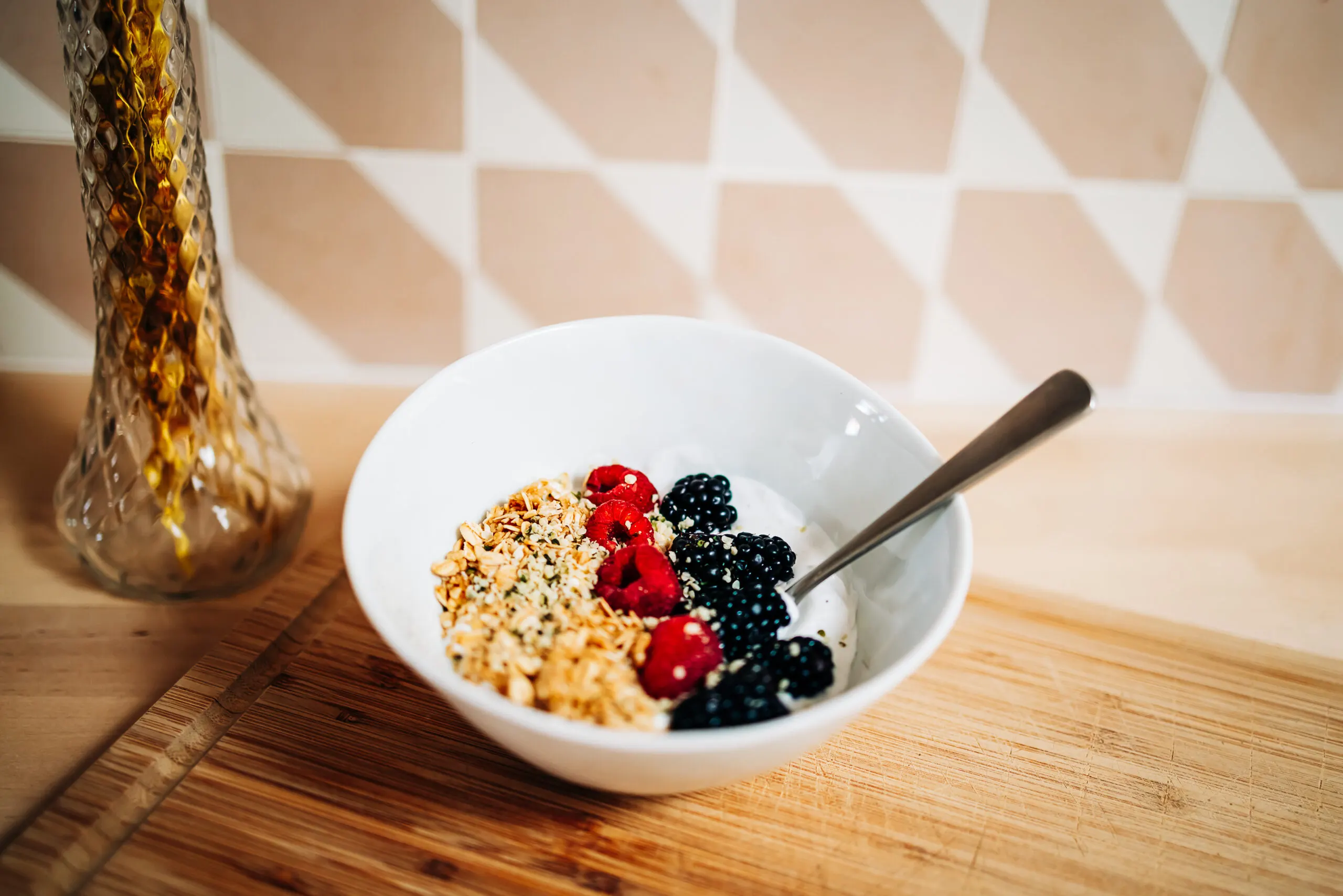I’m sharing some liestyle tidbits for my friends in their 30s.
Hello friends! How are you; I hope you had a great weekend and my celebrating friends had a great Easter. This week, the kids are back at school and I’m back to the routine after a fun trip to California and a holiday weekend with the family.
For today’s post, I wanted to talk a little about hormonal changes and simple lifestyle changes we can make for our hormones. I’m writing this for my friends who are in their 30s (let me know if you want me to do one for their 40s! I’m turning 40 this year so I’ll be there soon myself), and as always, I’m here if you have any questions or if I can to support you in any way.
As women enter their 30s, hormonal fluctuations become more pronounced, affecting various aspects of health and well-being. From mood swings to disrupted sleep and fluctuating energy levels, dealing with these hormonal changes can feel like an uphill battle. However, with strategic lifestyle adjustments, it is possible to support hormonal balance and thrive during this transformative decade.
Here are some of my tips for women in their 30s! As always, talk to a doctor before making any fitness or diet changes.

Hormonal SOS: likestyle adjustments for women in their 30s
Prioritize sleep hygiene:
Quality sleep is paramount to hormonal health, yet it often takes a back seat in our busy lives. Establishing a consistent sleep schedule, creating a relaxing bedtime routine, and optimizing the sleep environment can promote restorative sleep and hormonal balance. Consider incorporating relaxing activities such as reading a book, taking a warm bath with Epsom salts, relaxing on the sauna blanketor do gentle yoga stretches before bed to relax and signal your body that it’s time to relax.
Mindful Movement:
Regular exercise is vital for overall health, but excessive or intense workouts can stress the body and disrupt hormonal balance. Embrace mindful movement practices like yoga, pilates or walking to support adrenal health and reduce hormonal imbalances caused by stress.
Instead of high-intensity interval training (HIIT) every day, break up your routine with gentle, restorative activities like nature walks, restorative yoga, or leisurely bike rides. A good rule of thumb: if you did it yesterday (and it was intense), don’t do it again today. Try to alternate intensities in your weekly routine.
Balanced nutrition:
Fuel your body with nutrient-dense foods rich in vitamins, minerals and antioxidants to support hormonal health. Prioritize whole foods, high-fiber vegetables, lean proteins, and healthy fats while minimizing processed foods, refined sugars, and excessive caffeine intake. Incorporate hormone-balancing foods like leafy greens, oily fish, nuts and seeds, and fermented foods like sauerkraut or kefir into your meals to nourish your body from the inside out.


Stress Management:
Chronic stress disrupts hormonal balance, triggering elevated cortisol levels and disrupting other key hormones. High cortisol eventually becomes low cortisol, which corresponds to feelings of exhaustion and exhaustion.
Incorporate stress-reducing practices such as meditation, deep breathing exercises, reading, journaling, or spending time in nature to cultivate inner peace and resilience. Make time during your day for self-care activities that bring you joy and relaxation, whether it’s practicing mindfulness during your morning coffee ritual or enjoying a leisurely walk in the park during your lunch break.
Hormonal Support Supplements:
Certain supplements can complement a balanced diet and support hormonal harmony. Consider incorporating supplements such as magnesium, vitamin D, omega-3 fatty acids,and adaptogenic herbs like ashwagandha or maca to support hormonal balance and overall well-being. Consult a health care provider or registered dietitian to determine which supplements may be beneficial for your specific needs and health goals.
Reducing environmental toxins:
Toxins present in everyday products and environmental pollutants can disrupt the functioning of the endocrine system and contribute to hormonal imbalances. Minimize your exposure to endocrine-disrupting chemicals by choosing organic, non-toxic personal care products and household cleaners whenever possible.
Choose glass or stainless steel food storage containers over plastic and filter your tap water (and swimming water!) to reduce exposure to pollutants such as chlorine or heavy metals. If you’re looking for a gentle spring detox, this is my very favorite. I do it 4 times a year.


Mind-Body Connection:
Cultivate the mind-body connection through practices such as mindfulness, meditation or breathing.
Cultivating self-awareness and emotional resilience can enable you to navigate hormonal fluctuations with greater ease and grace. Start your day with a few minutes of meditation or deep breathing exercises to focus and set a positive tone for the day ahead. Incorporate mindfulness into daily activities like mindful eating, mindful walking, or simply taking moments during the day to pause and check in with yourself.
Hormone Health Check:
Regular monitoring of hormone levels can provide valuable insights into your hormonal health and guide targeted interventions if imbalances are identified. Consult with a professional experienced in hormonal health to explore testing options and individualized treatment strategies. If you would like to work together on functional testing and a custom action plan, email me gina@fitnessista.com subject TESTING.
Navigating hormonal changes in your 30s doesn’t have to be overwhelming. By making these lifestyle adjustments tailored to hormonal health, you can support balance, vitality, and wellness throughout this fun and transformative decade. I intend to check what you can check and these are simple steps that you can incorporate into your daily life.
Small changes can lead to huge results and we are all on this journey together 🙂
ho ho
Gina
More:
How to eat for your menstrual cycle
